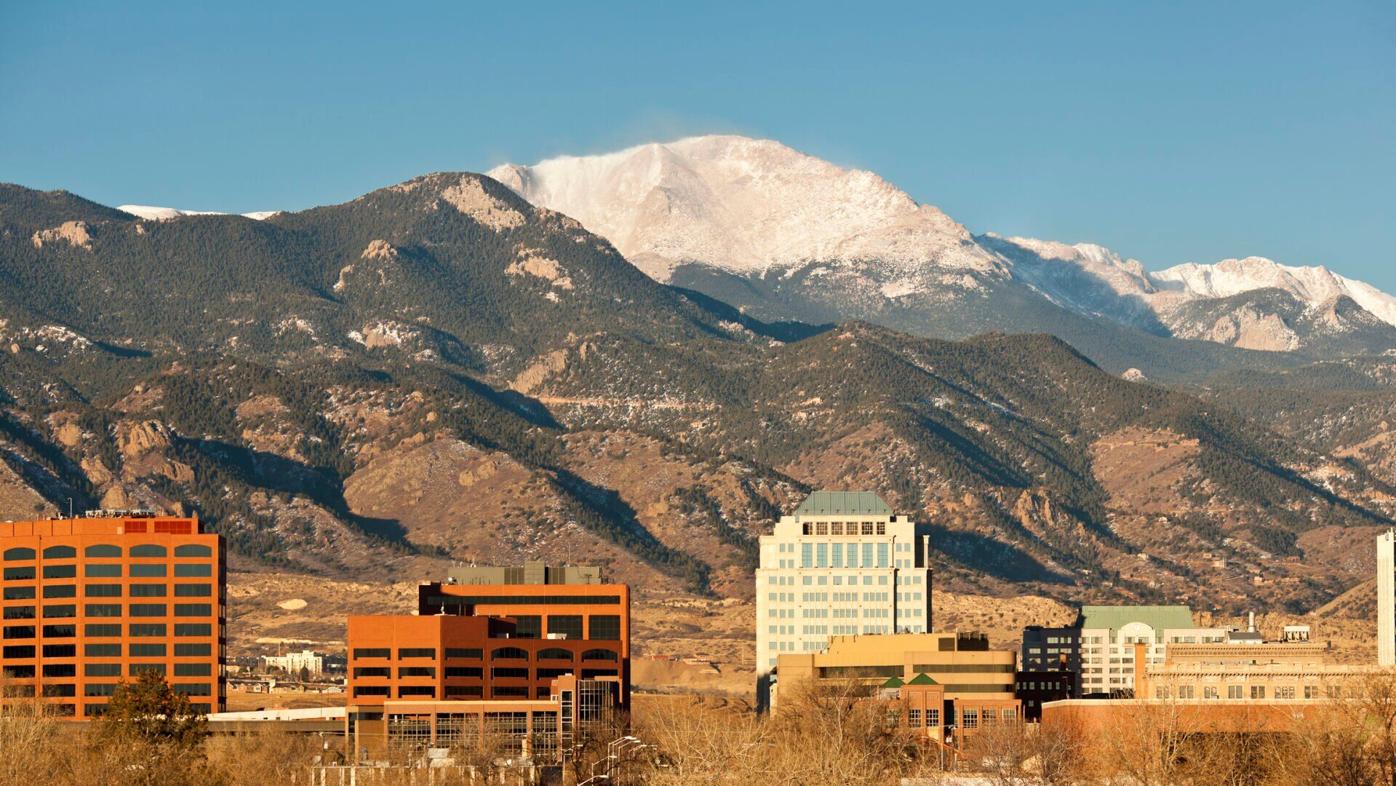Colorado city rebounds to top 20 ranking in national report on economic performance
Growth in its high-tech sector helped Colorado Springs rebound to a top 20 ranking in the Best-Performing Cities rankings by the Milken Institute, a California-based, nonpartisan think tank whose annual report measures economic vitality in hundreds of metro areas nationwide.
Colorado Springs ranked as the 15th best performing city among 200 metro areas with large populations, according to Milken’s report for 2024 that was released this week. Another section of the report examines economic performance in 203 smaller cities.
The Springs had climbed to No. 9 among large cities in 2022 — its highest ranking ever in the report. But it slid to No. 37 in 2023 before it jumped back to No. 15 this year.
Colorado Springs Chamber looks to continue the momentum of new business, job growth in 2024
The Milken Institute’s Best-Performing Cities report, first published in 1999, now uses 13 indicators to determine its metro area rankings. Those indicators, some of which rely on data that goes back to 2022 and earlier, examine labor market conditions, high-tech impact and access to economic opportunities.
Takeaways from the latest Milken rankings include:
• The Springs topped four other Colorado metro areas in the large-city portion of the Milken report. Denver-Aurora-Lakewood was listed at No. 20, Fort Collins came in at No. 29, Boulder was No. 47 and Greeley ranked No. 93.
• Colorado Springs placed one spot ahead of No. 16 Huntsville, Ala., which competed with the Springs to become the permanent home of U.S. Space Command, its 1,200 employees and estimated $1 billion in annual economic impact. Before he left office, former President Donald Trump had ordered Space Command to move to Huntsville from its temporary home in Colorado Springs; President Joe Biden reversed that decision.
• This year’s top 10 large metro areas were, in order, Austin-Round Rock, Texas; Raleigh, N.C.; Boise City, Idaho; Salt Lake City; Provo-Orem, Utah; Nashville–Davidson–Murfreesboro–Franklin, Tenn.; Fayetteville–Springdale–Rogers, Ark.; Dallas-Plano-Irving, Texas; Olympia-Tumwater, Wash.; and Charlotte-Concord-Gastonia, N.C.-S.C.
• In the small cities section of the report, Grand Junction ranked No. 58 and Pueblo was No. 119.
The Colorado Springs area is on track to reach 1 million people. Will bigger be better?
Colorado Springs’ gain in the rankings largely was driven by strong growth in high tech, Maggie Switek, senior director of the Milken Institute’s research department and one of the report authors, said via email.
In the Springs, high-tech growth accelerated from 2021 to 2022, she said. At the same time, the city’s economic output from its high-tech sector grew by 11% in 2022 — twice as fast as the average 5.5% growth rate across other large cities.
Also, Switek said, the Springs performed well on two new “access-to-economic-opportunities” metrics that Milken incorporated into this year’s rankings; it scored well on income inequality and was ranked high on its ability to respond to a natural or economic disaster.
What’s holding back Colorado Springs from a higher ranking?
For one, high housing costs, Switek said. One-third of Colorado Springs households paid 30% or more of their income on housing, which is more than the large city average, she said.
State unemployment ticks up; below national average
In addition, from July 2022 to July 2023, Colorado Springs saw a deceleration in its employment growth, which was possibly driven by slow growth in its leisure and hospitality industry, she said.
The Milken rankings are one economic measure for cities such as Colorado Springs, which also track reports on job growth, construction activity, housing prices, household incomes and population changes, among others.
The Milken report often is used for bragging rights by business and civic leaders, along with national reports such as U.S. News & World Report studies on best places to live, where Colorado Springs has been at or near the top of the list in recent years.





